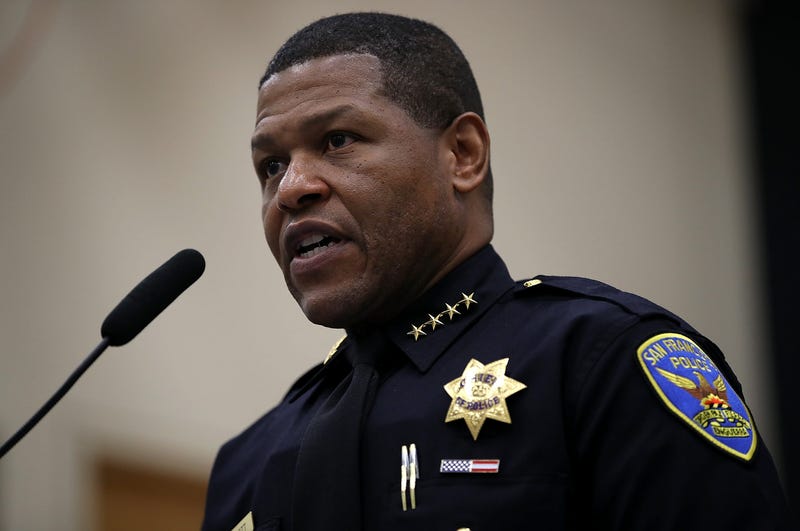
You've probably seen them in the news and on social media: mugshots of people who have been arrested.
"We’re trying to address some of the issues around stereotyping and bias that human beings have a tendency to do," Chief Scott told KCBS Radio.
UC Berkeley Public Policy Professor, Jack Glaser, said what we see in the media fuels our implicit bias.
"People who consume news media tend to have an exaggerated perception of the relationship between being Black and being engaged in criminal activity," Glaser said.
However, people in the mugshots are innocent until proven guilty.
Numerous websites post photos of mug shots online, regardless of whether anyone was convicted of a crime, and then charge a fee to those who want their photo taken down. The phenomenon prompted California’s attorney general to charge one of the biggest operators with extortion, money laundering, and identity theft.
"It’s one small step but it’s a significant step and hopefully over time changing that narrative around of associated Black and brown, particularly men, with crime," Chief Scott said.
The policy is stricter than those in other major cities, making exceptions only when there is a need to warn of imminent danger or to solicit help with locating a person, especially if they are at risk.
I am confident because there are those exemptions that I mentioned if there’s a threat to public safety or there’s a public safety concern, we can still release booking photos. Let’s say a person has committed a violent crime and that person is wanted for that crime - as sometimes happens, people will get arrested for a crime, they get sometimes released, and if we are alerted that there’s a threat to public safety that that individual is causing, we can still release that photo. So, we do think that those safeguards are in this policy. But again, we’re going to restrict it and turn this narrative around, or begin to turn the narrative around about associating certain individuals with criminal activity.
It’s a process and change in and of itself is not the issue. We have a long history of - what we’re talking about right now is the racial issue and disparities particularly among African-American people and the criminal justice system. And that’s a long very storied history. I think it’s going to take things like this - I say it’s a small step but it’s a significant step - but I think it takes things like this to start turning that narrative around. I mean so many things are embedded in our culture as a society that when you give thought to it, we really have to start addressing these types of issues. I mean implicit bias and stereotyping and these types of things, how much of that has to do with the disparities we see in the criminal justice system and throughout the criminal justice system? And I think it does have some impact. So it’s a small step, it’s one step but it’s a significant step. When I say small I don’t want to undersell it. I do think it’s significant.

